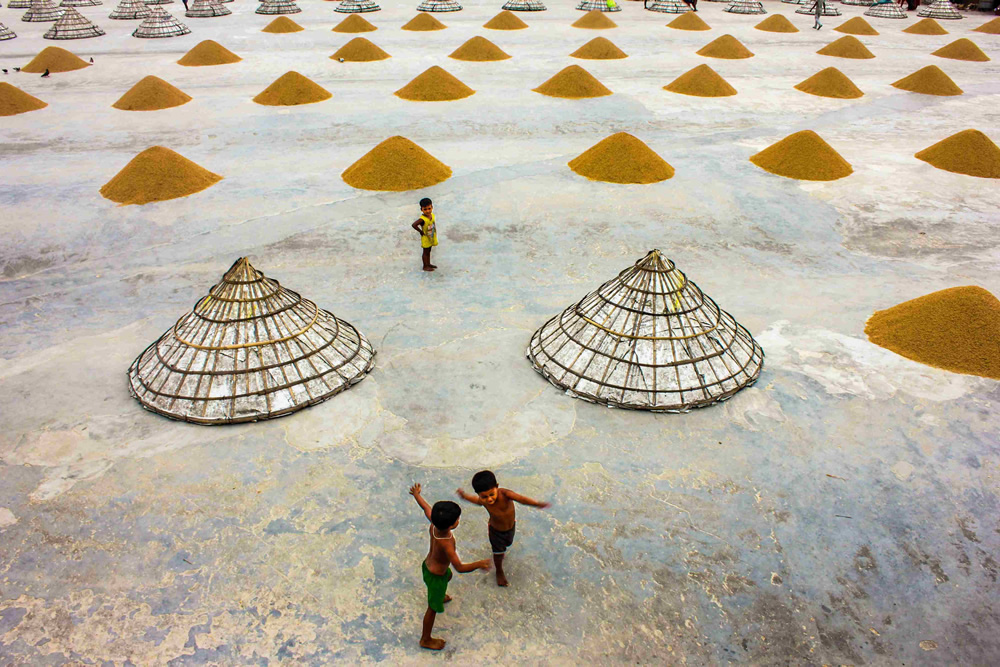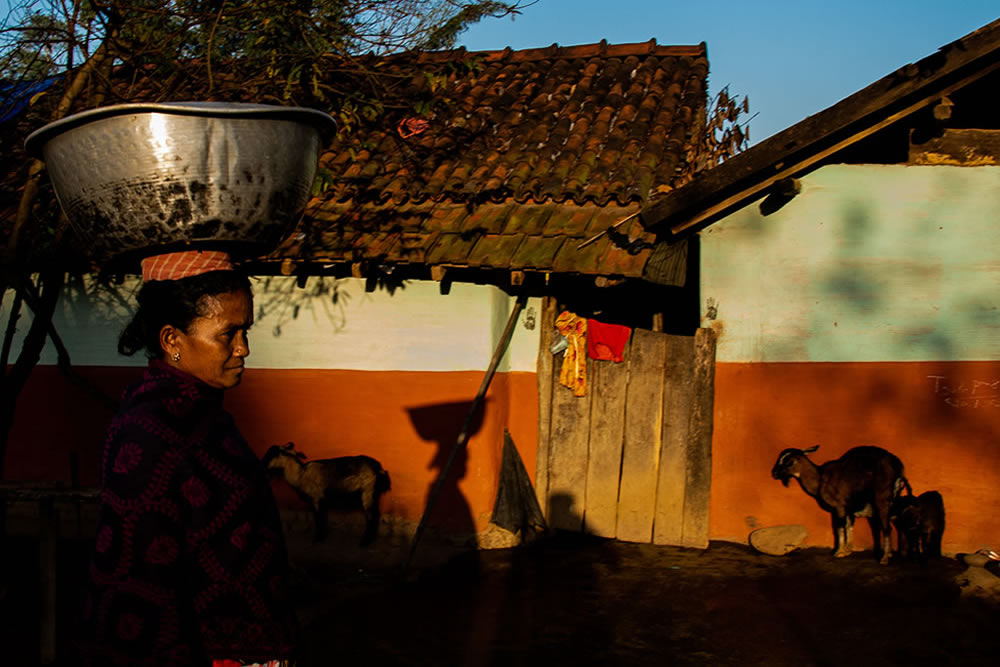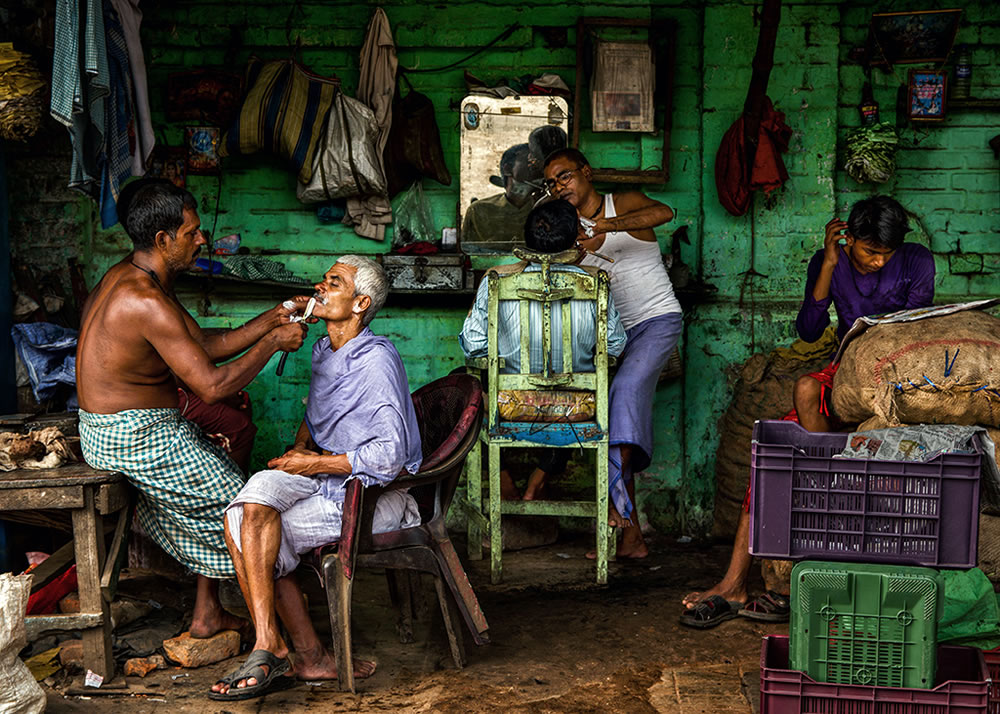A Dietician by profession, Paul Bailey has this immense talent towards art of photography. He shoots film and tell us this only improves his patience and makes him feel a kid again in terms of learning and excitement. In this brief Interview with 121clickes.com, Paul opens up a lot about shooting film, his passion is evident and immaculate as he takes us through this journey. Take a look and be inspired.
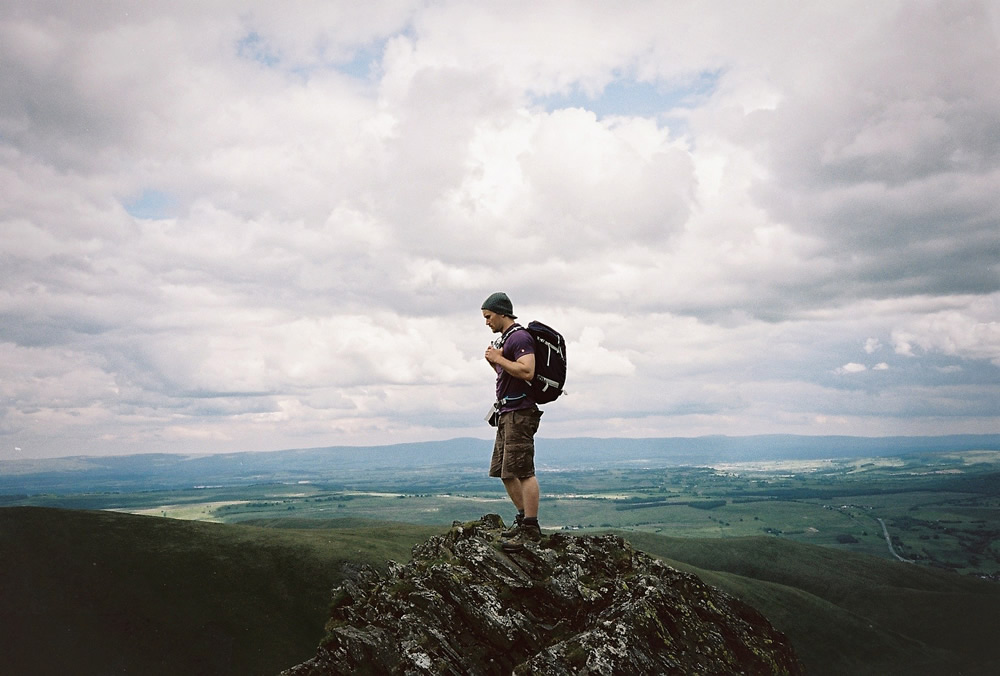
Could you please introduce yourself to our readers?
Hello, my name is Paul and I’m from Manchester, England. I am a dietitian by profession, and in my spare time I love to shoot film. I’m a self-taught photographer, getting into it about 5 years ago. I think to express myself and to try and live creatively is important, and photography has become my means of doing so. I like to shoot simple everyday moments and document the natural beauty that’s around me.
How do you plan your travel?
Over the past few years I’ve managed to tick a few places off my travel bucket list, but really I’m just getting started. The majority of places I have visited and want to visit are places of outstanding natural beauty. I’m certainly full of wanderlust. I think it’s vital to get lost for a while, declutter the mind and explore the simple beauty that surrounds us. I like to think of myself as an adventurer but unfortunately at the moment I’m certainly more ‘Walter Mitty’ than ‘Ranulph Fiennes’. For me, photography and exploration goes hand in hand, it’s a way of documenting what’s around me. With a camera in your hand you tend to look for the good in everything, and what better way to be?
In your idea, what makes a good photograph?
I have found over the last few years that my idea of what a good photograph is has changed and evolved . A ‘good’ photograph is definitely a subjective thing, but usually good photographs are the ones that make us feel something, they open a space in our imagination and they draw us in, they leave us with thoughts, feelings and questions.
Your gear?
I mainly use a Canon Elan II with either a 50mm or 28mm lens, and my little Yashica T5. I have owned much more technologically advanced cameras but I have found nothing matches the pure simplicity and enjoyment these two bring.
Your Inspiration?
In terms of individuals I love the work of the greats, for example Sebastiao Salgado, the Abraham Brothers, Dennis Stock, Vivian Maier, Don McCullin, and of course the LIFE and magnum photographers. I also take a lot of inspiration from the photos I see on Flickr and Tumblr. I think it’s really important to study other people’s work in order to improve your craft and find the direction you want to go in. I’m also a big believer in gaining inspiration from any art form: music, movies, paintings. Knowledge is power and there is much to be gained. There’s a great quote by film director Jim Jarmusch that really resonates with me:
“Steal from anywhere that resonates with inspiration or fuels your imagination. Devour films, music, books, paintings, poems, photographs, conversations, dreams, trees, architecture, street signs, clouds, light and shadows. Select only things that speak directly to your soul. If you do this, your work (and theft) will be authentic. Authenticity in invaluable. Originality is non-existent. Don’t bother concealing your thievery – celebrate it if you feel like it. Remember what Jean-Luc Godard said: ‘it’s not where you take things from-it’s where you take them to’.”
3 things shooting film has taught Paul?
- Shooting film definitely improves your patience. In a world where everything is becoming instant, film photography makes you wait. There’s that waiting period from when you take the shot until when you get to see the resultant exposure. And as you wait you wonder, was it as good as you saw it in your head? Sometimes it is, sometimes it’s not, and sometimes you get lucky and it far exceeds expectations. Going to collect my processed film from the shop has never lost its excitement, I feel like a kid at Christmas.
- Film photography teaches you to be more conscious of the present moment. Film is precious and you don’t want to waste your shots, so you have to be focused and slow down the process and choose wisely. I rarely take more than 3 photos of the same thing, often just one or two and then move on. When I used to shoot digital I’d take 500 shots then pick 3 of the best. With film you have a maximum of 36 shots, so you try and make every shot count. I certainly started to learn a lot more about the craft when I changed from digital to film. I learn something new with each roll I shoot.
- With film I’ve learnt that imperfections aren’t necessarily undesirable, in fact perfection is in some ways very boring. It’s often the unpredictability of film that makes it so special, the little imperfections and surprises that film has adds so much more character, texture and nostalgia to the image.
Your sense of composition is too good, how did you acquire this?
Thanks. I’m not sure to be honest, I’d like to say I follow some specific photographic rule but typically I just tend to shoot opportunistically. I assess the scene, look through the view finder and simply decide whether or not to take the shot. I have found that the more you overanalyse these things, the less fun taking photos is.
Thanks again for this wonderful opportunity with 121clickes.com, any final thoughts?
Thanks, it’s a great honour to be featured.
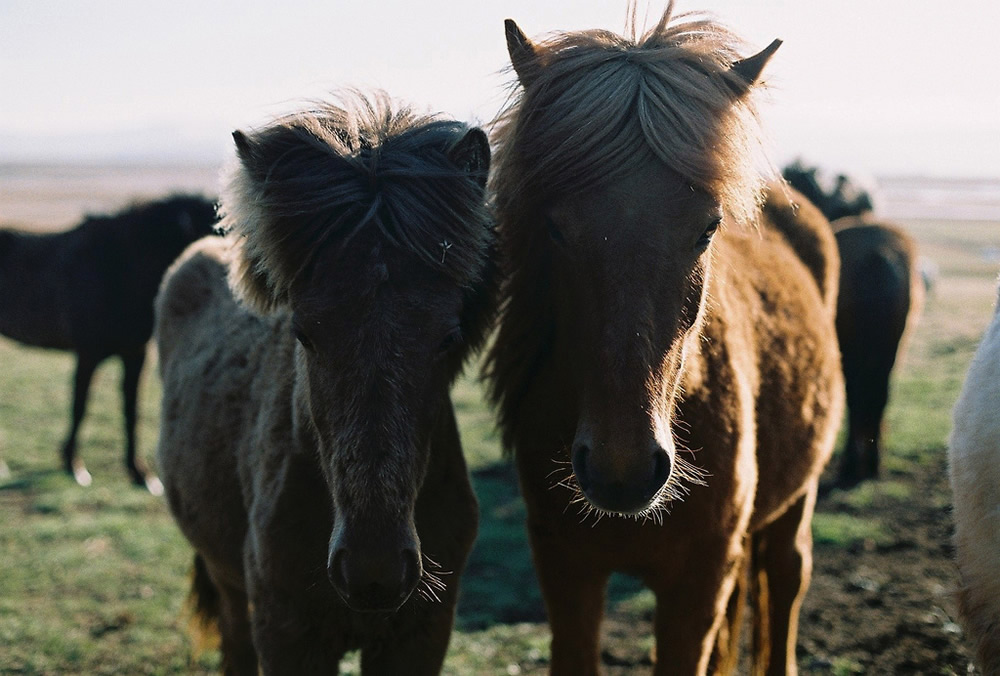
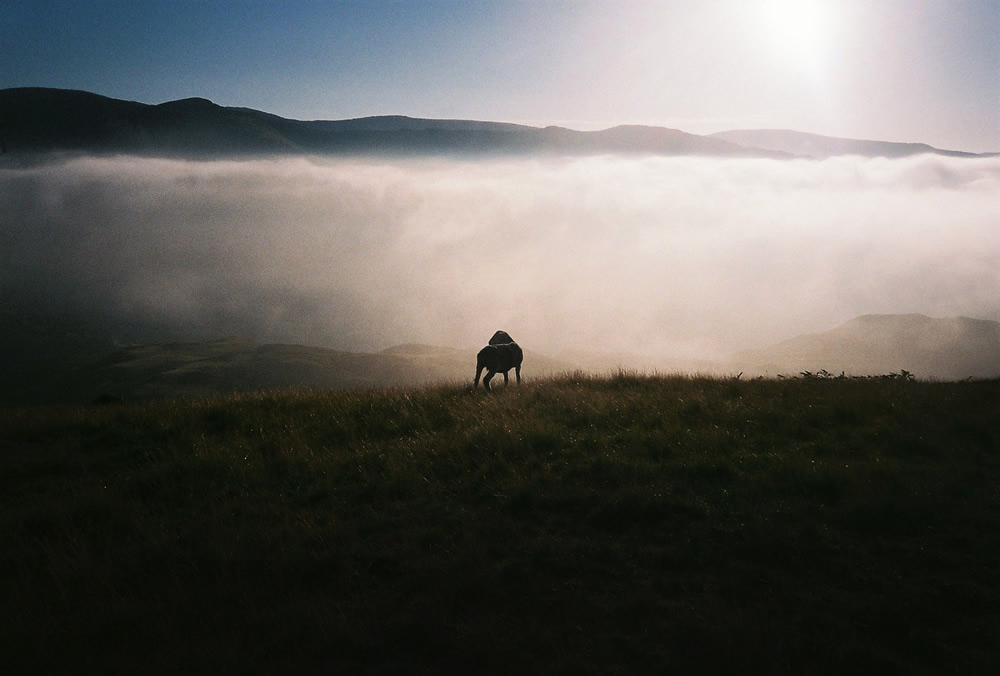
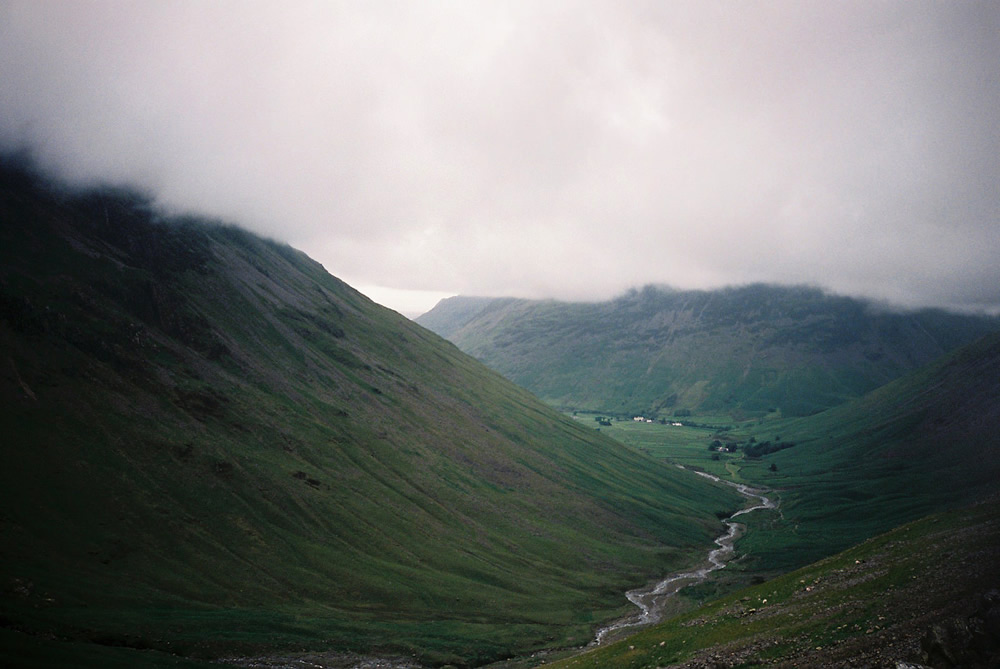
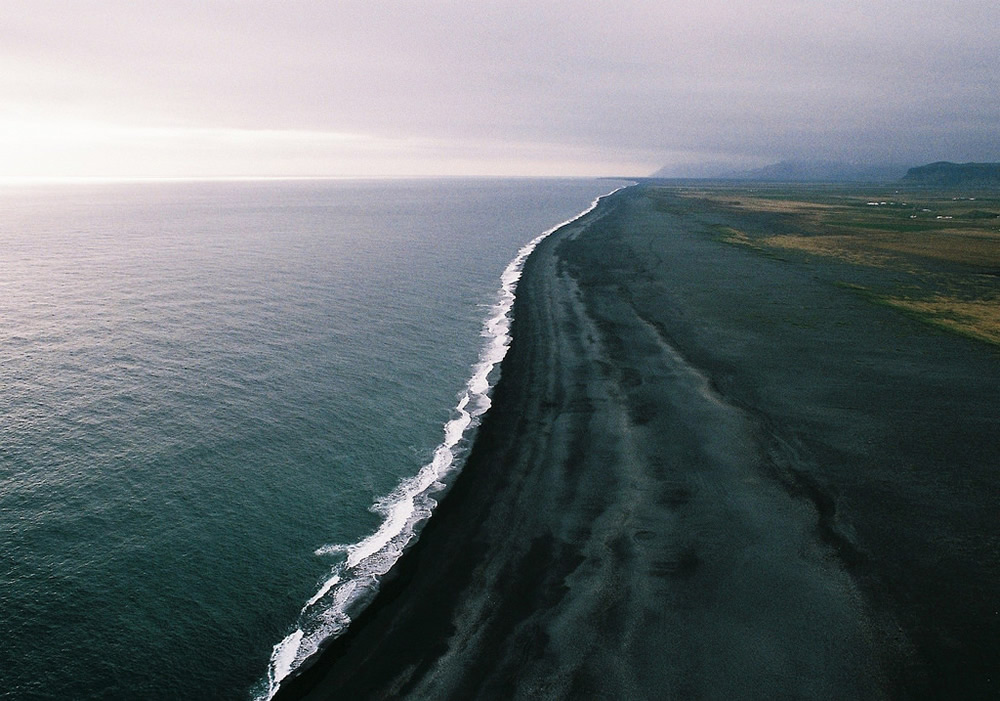
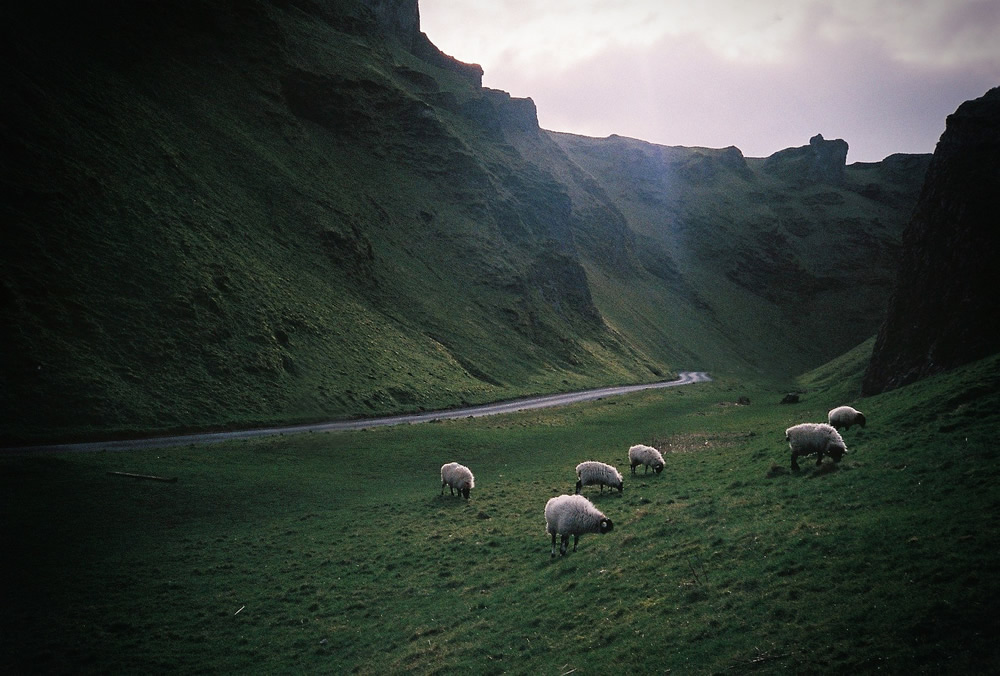
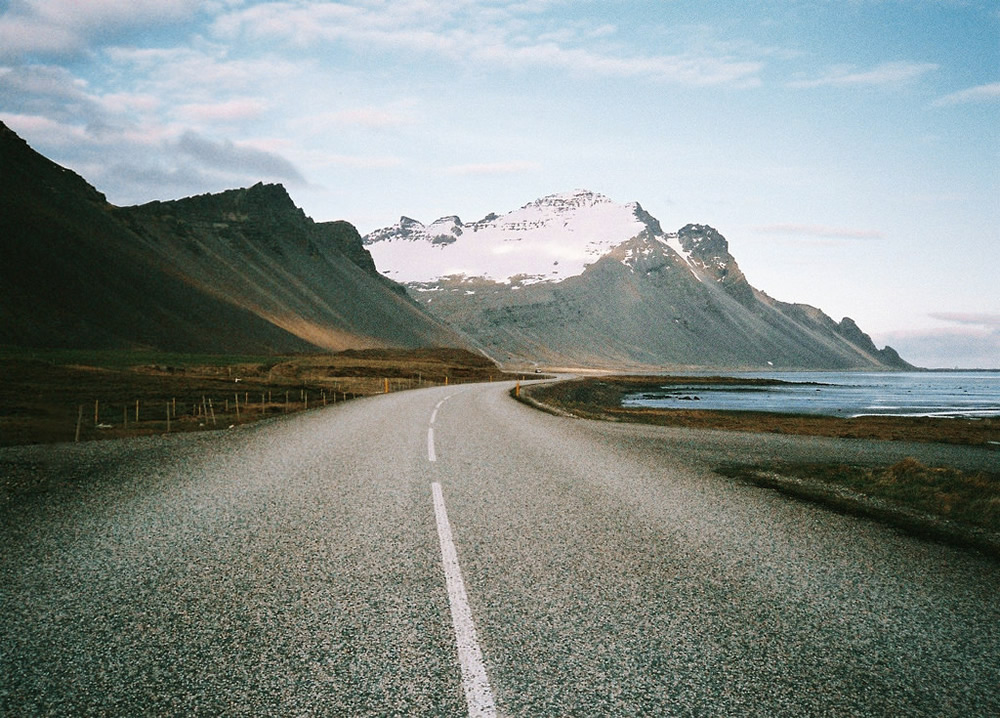
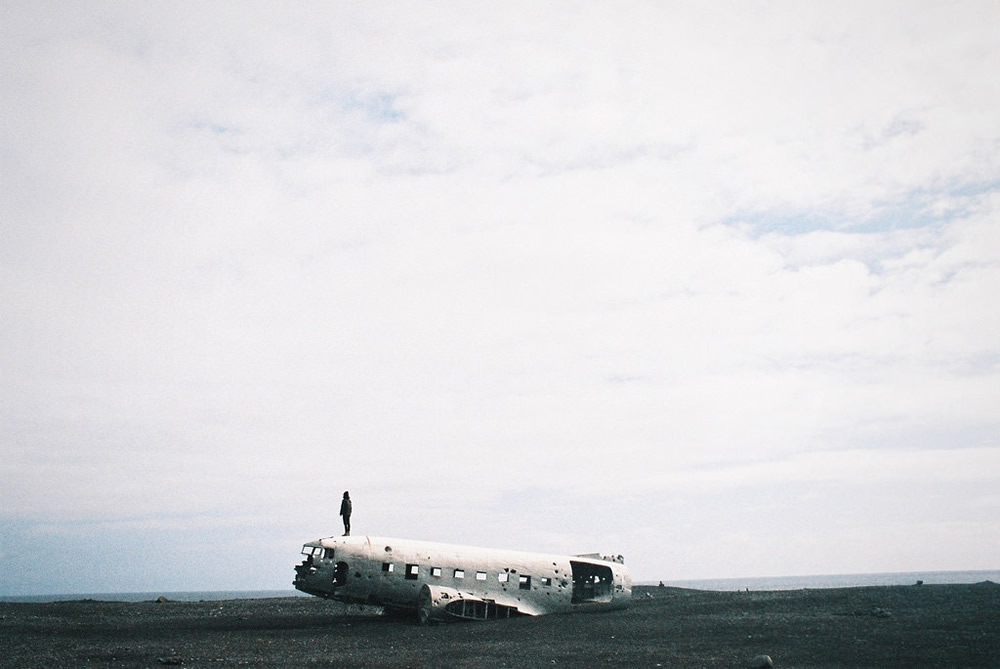
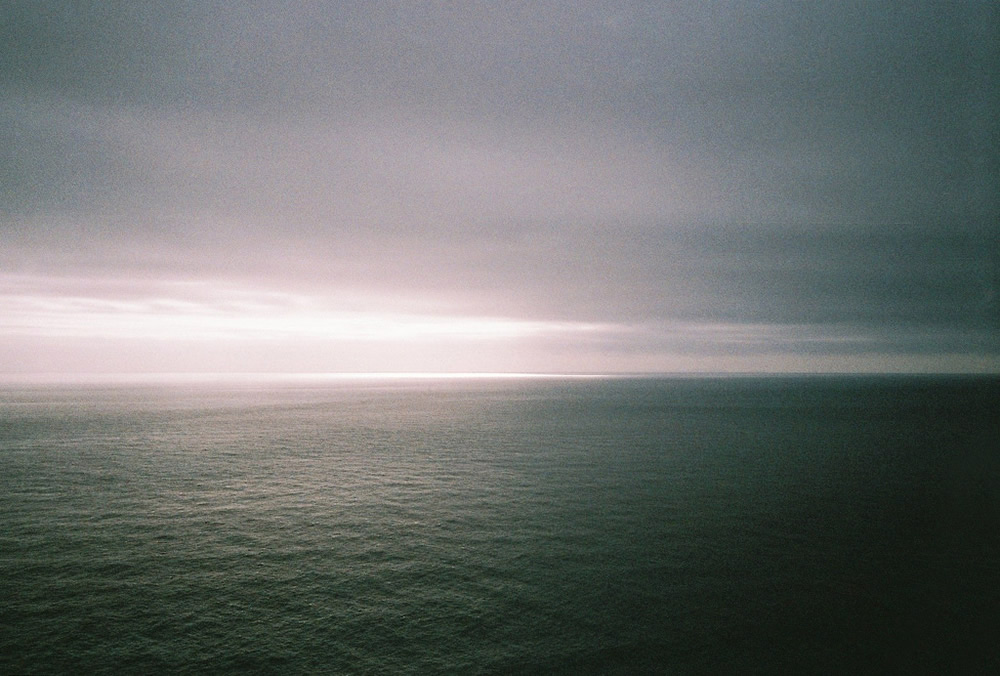
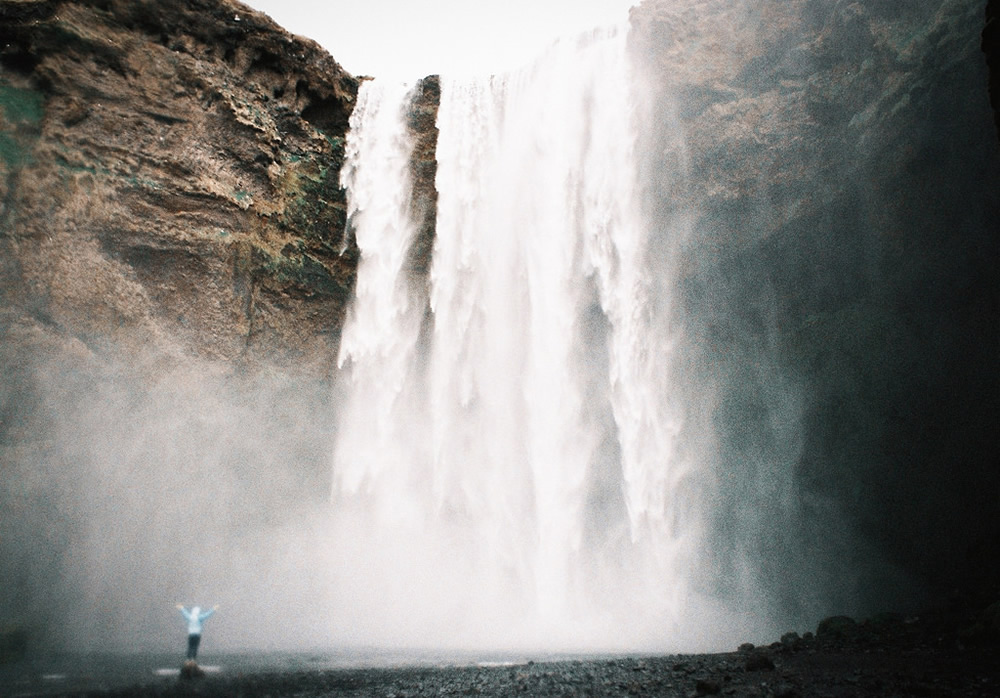
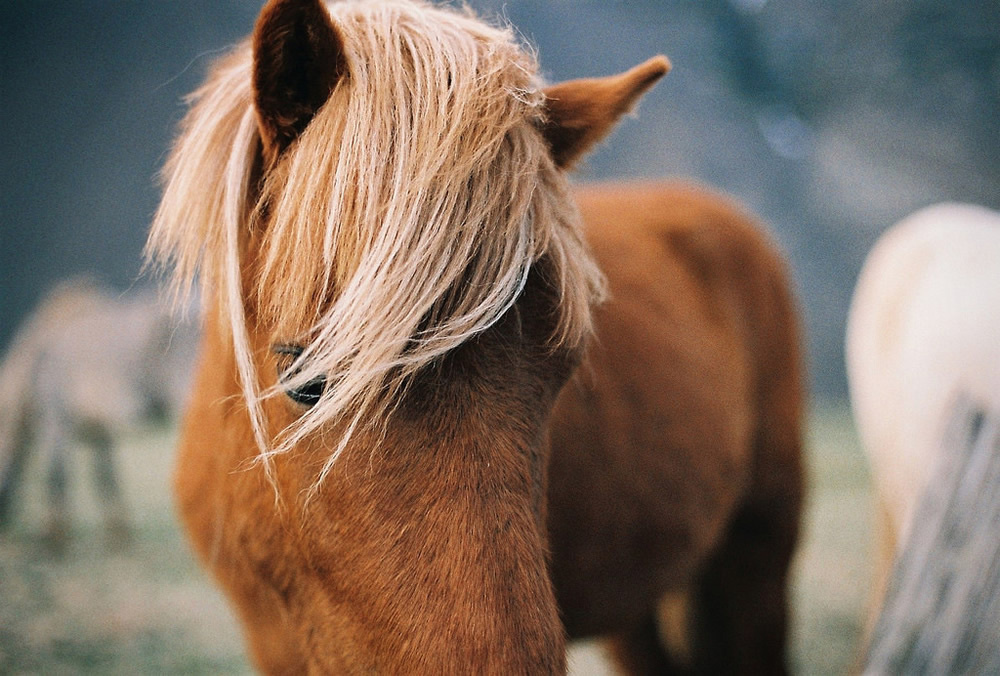
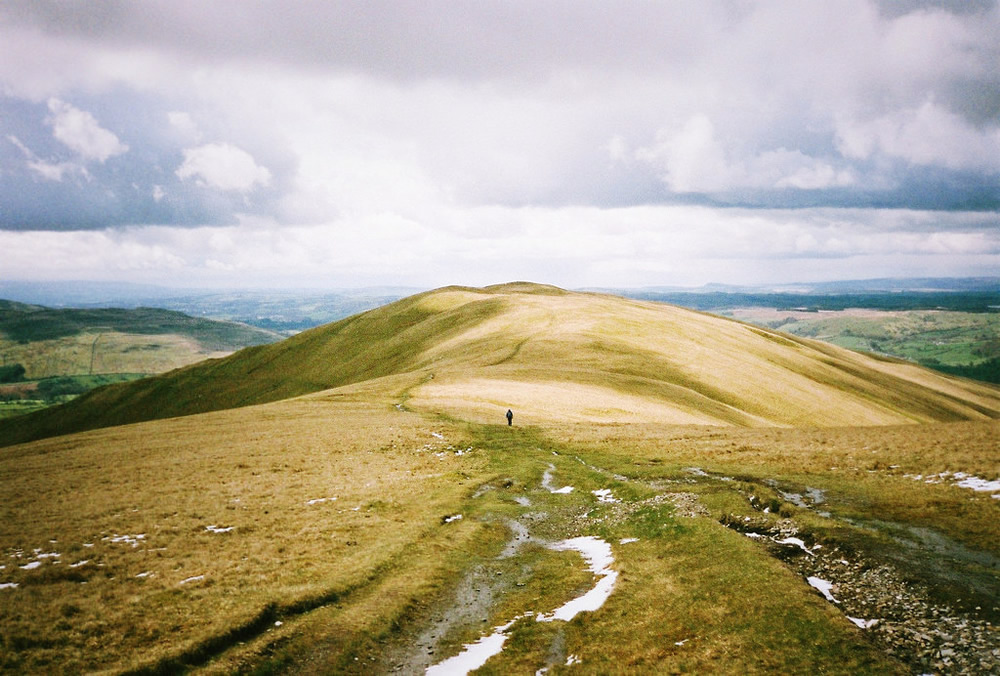
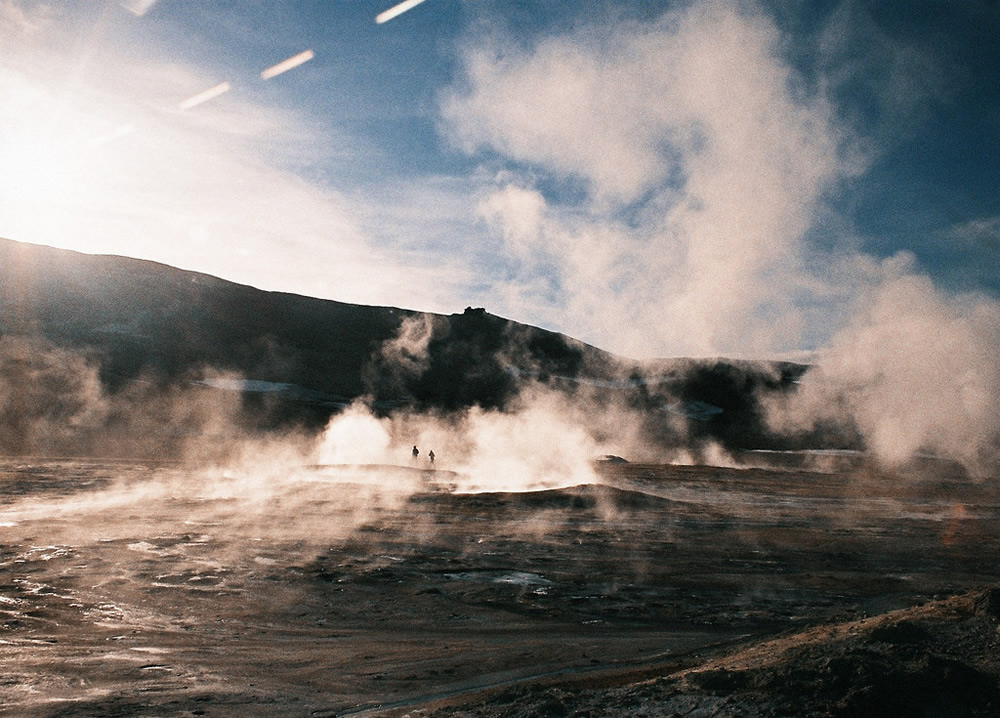
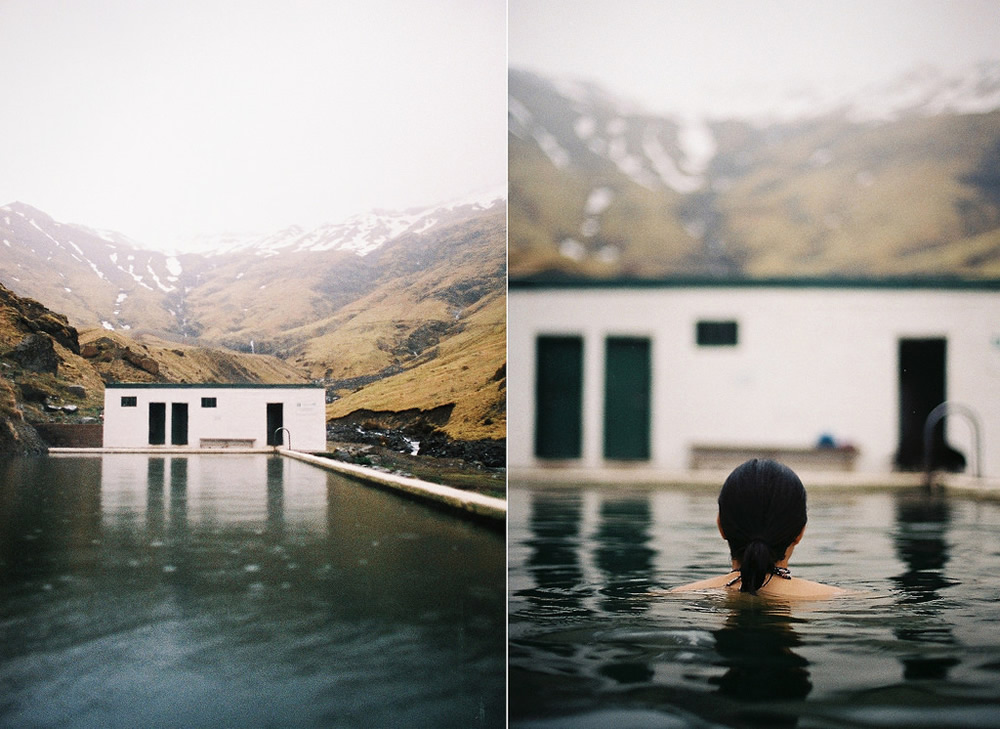
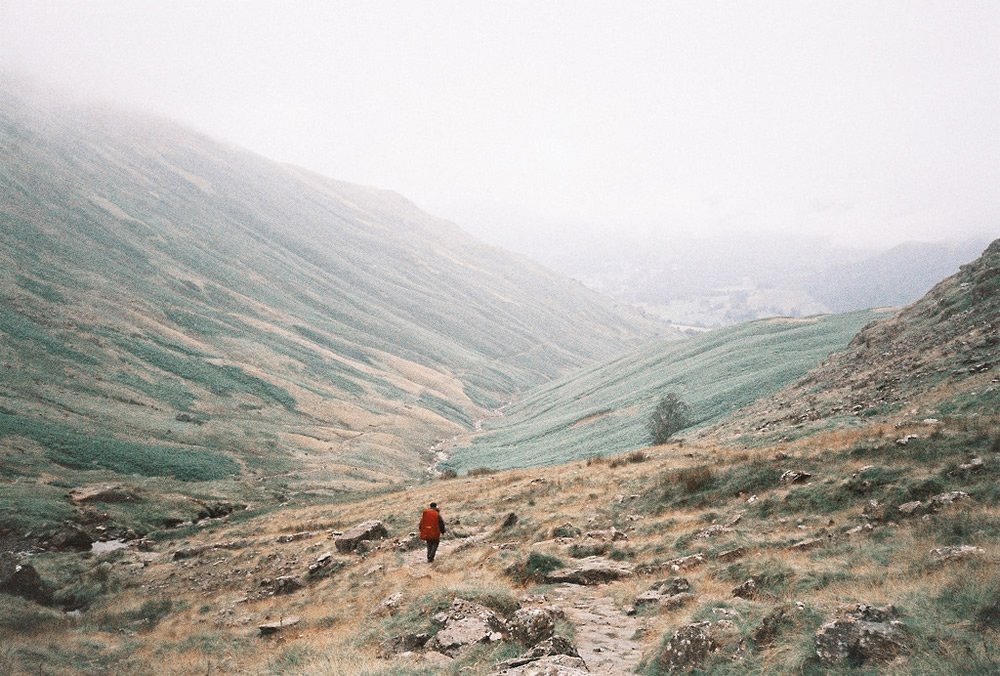
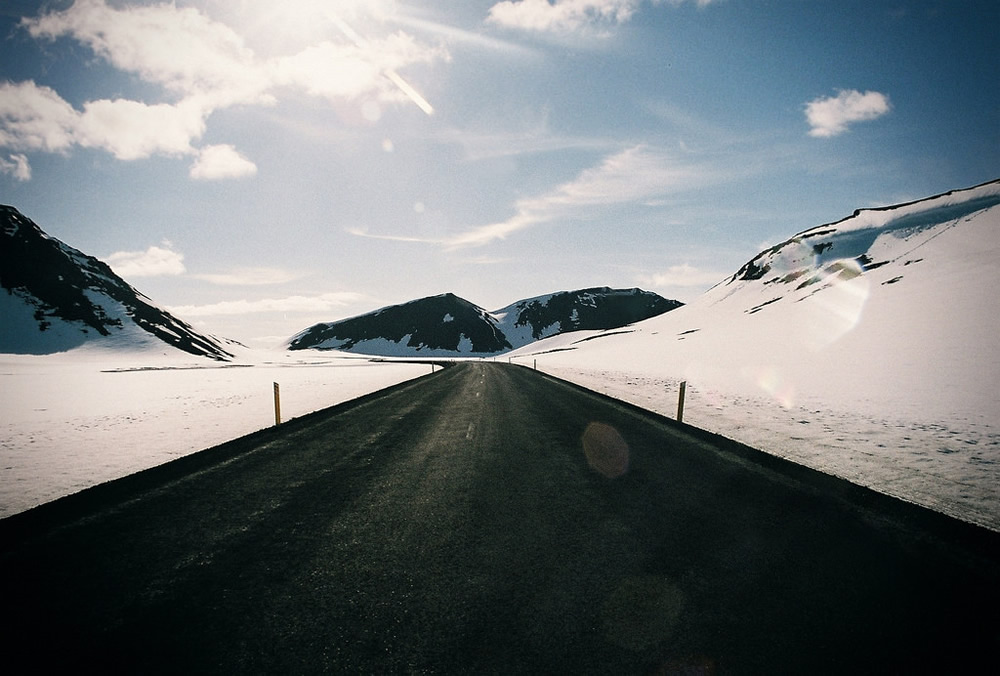
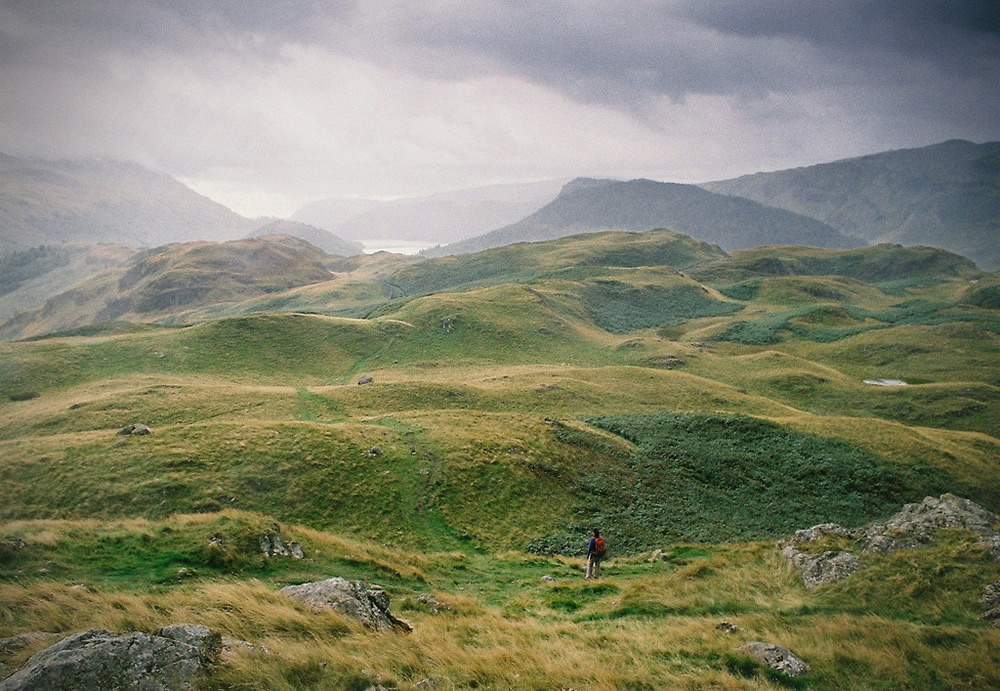
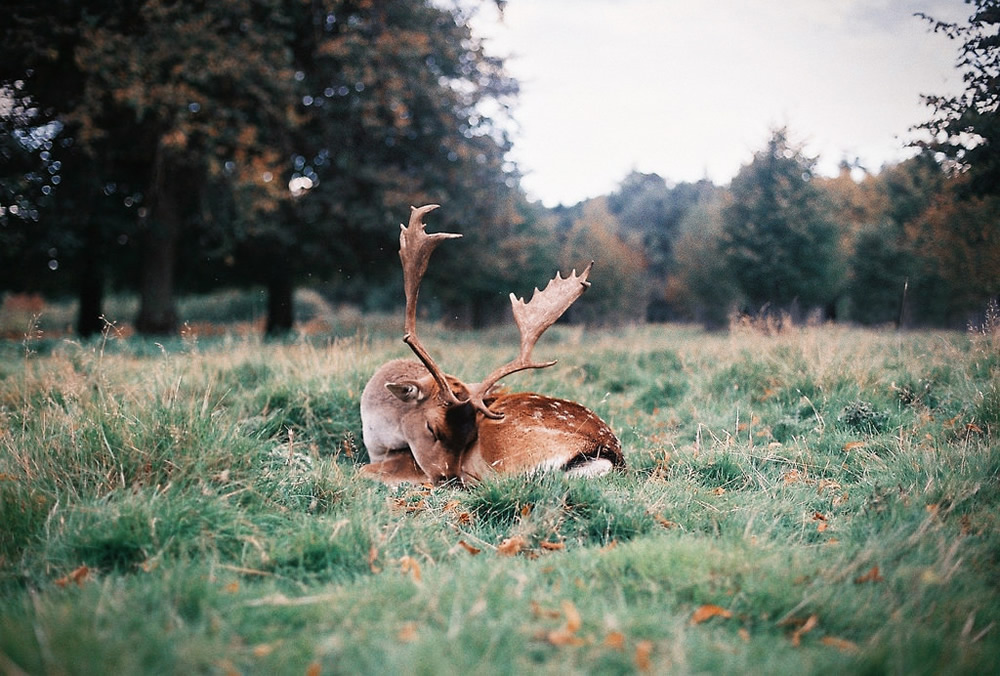
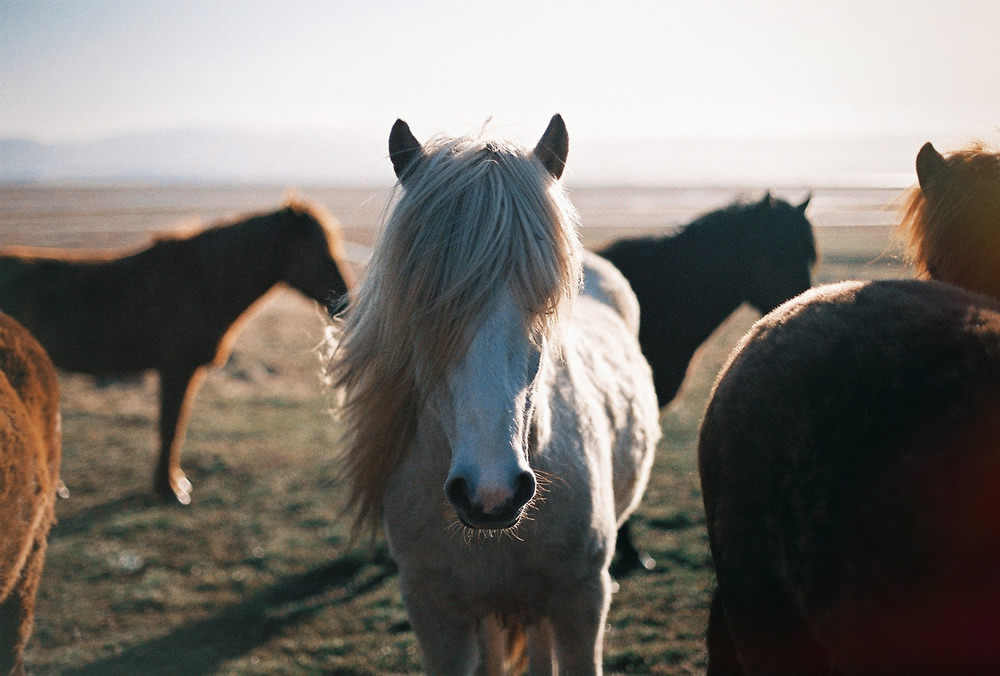
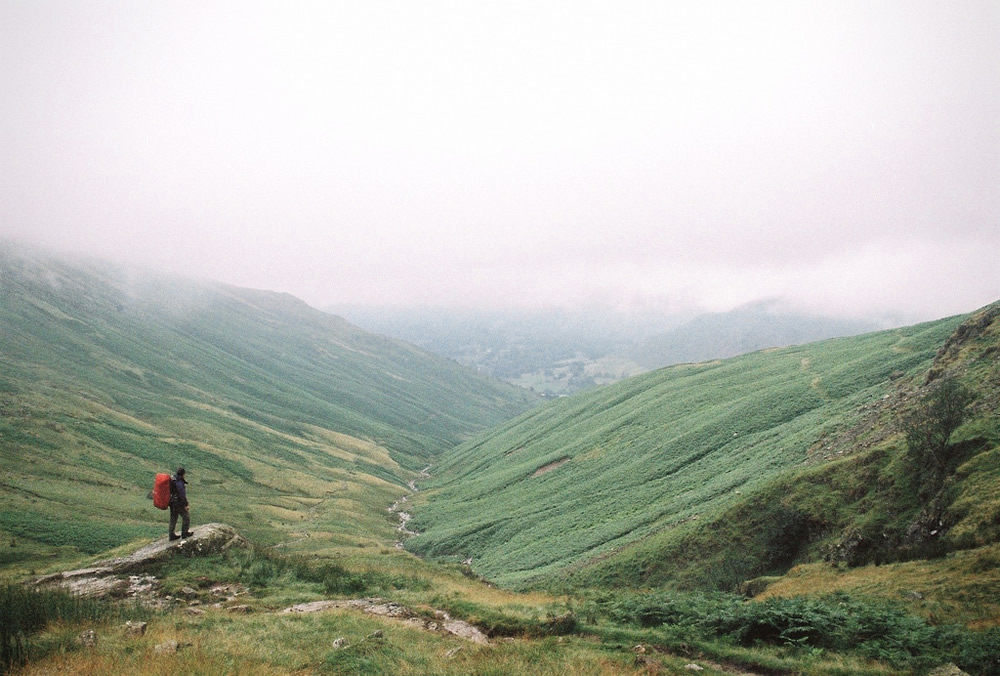
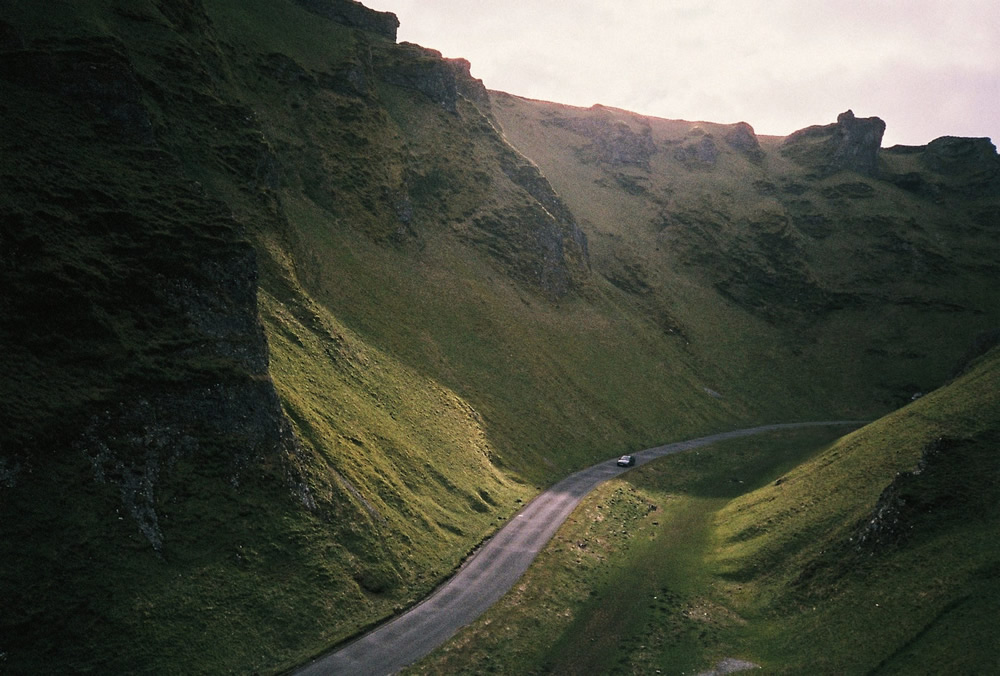
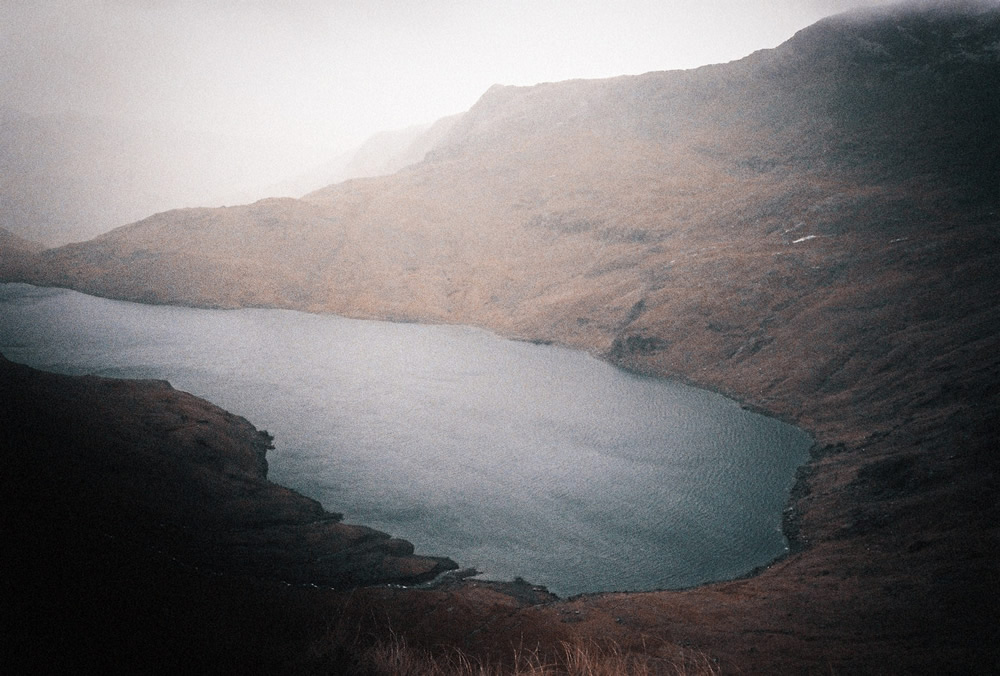
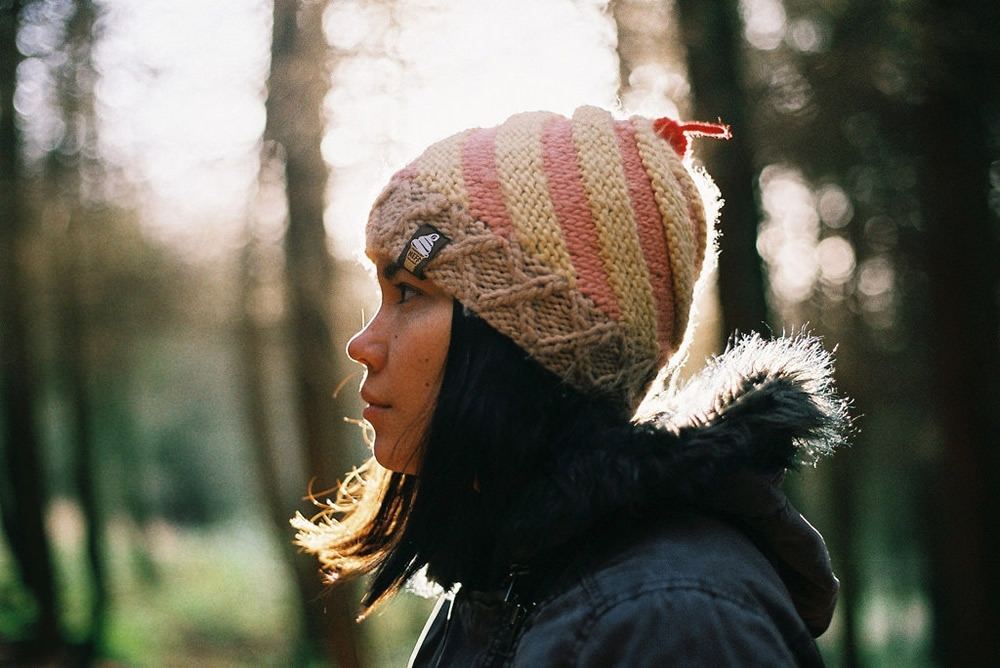
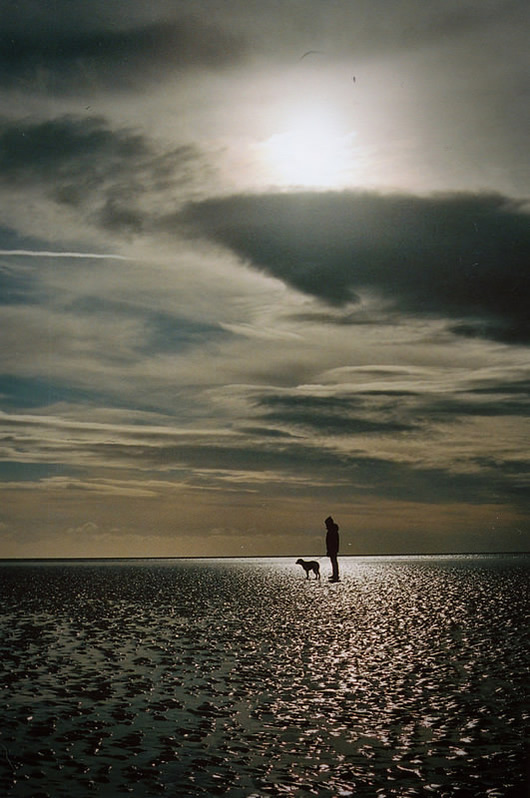
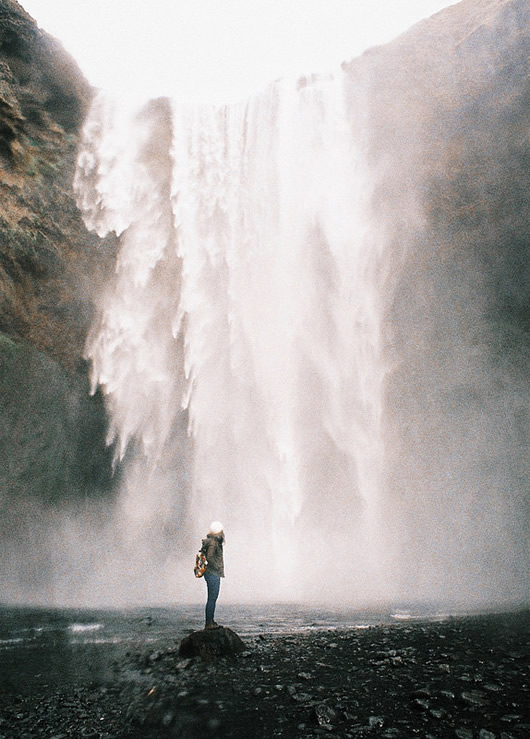
You can find Paul Bailey on the Web :
Copyrights:
All the pictures in this post are copyrighted Paul Bailey. Their reproduction, even in part, is forbidden without the explicit approval of the rightful owners.


